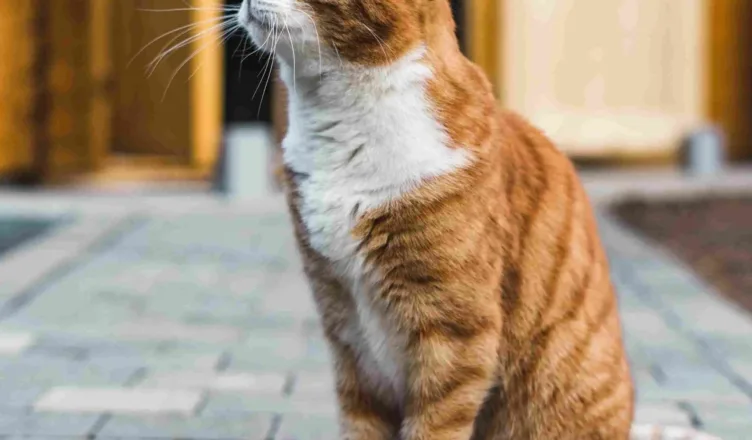Caring for a senior pet can be a beautifully rewarding experience. Senior feline companions rely on their owners to provide them with tender loving care that often includes managing special needs and chronic or progressive health issues. With a bit of preplanning, you can make this a lovely time of life for both you and your beloved cat.
Regular Vet Appointments
On average, cats have a lifespan of about 13 to 18 years. Large-breed cats, such as the Maine Coon, a bit less. When diseases present themselves, they can advance quickly in older pets, so regular veterinary care is essential to maintaining a good quality of life, as well as identifying potential problem areas before they become painful.
Cat diseases and cat health problems can include weight and joint issues, kidney disorders, incontinence, and according to the ASPCA, cognitive disorders similar to Alzheimer’s in humans.
Regular Interaction
While some older cats prefer to be solitary as they age, others crave the companionship of their human loved ones. Keep your senior cat’s health care needs in mind. Groom them regularly, particularly those that have issues that prevent them from adequately cleaning themselves.
Dental health will also be important, and your vet may suggest a change in diet to something specifically formulated to the needs of ageing felines. Regularly monitor your cat’s litter box habits as well as food and water intake so you can alert your vet if there appears to be any substantial change in behaviours.
Engaging Play
According to the Pet Health Network, while your senior cat might not jump and play at the same level as a kitten, they can still enjoy interacting with their humans. Age-appropriate engagement can keep their minds sharp and help them get in a little exercise.
Playing with a feather dancer on the floor or offering a kibble-dispensing toy are two ways you can keep your kitty active. Be sure to keep them inside as well. Outdoor cats are at risk for injury, illness, and even death. Create indoor play areas that are safe and appropriate for your cat.
Be Patient
Older cats need special accommodations. As such, you need to be aware of the challenges your cat faces and act accordingly. For example, you may need to add additional litter boxes and make sure they are easy to access. Some arthritic cats can have a hard time climbing over high lips of raised boxes, so you may need to get something made specifically for senior cats.
Likewise, memory foam padded heated beds can also be much more soothing on older bones and joints than harder, cold surfaces. Keep these needs in mind.
Prepare For Accidents
Older cats can sometimes experience incontinence. Cat urine can be tough to get rid of, but an enzymatic cleaner can help. When it comes to soiled furniture, you may reach a point where no matter what you do, you’ll be unable to get rid of the smell or stain, in which case you’re wise to find an upholstery cleaner who specializes in such matters.
Search “furniture cleaners near me,” and before you meet with prospects to discuss needs and get a quote, you can evaluate companies by reading reviews online. Always ask for referrals from happy customers, and avoid working with cleaners who use all-in-one cleaning tools.
Senior cats are loyal companions who are looking for comfort and love in their final years. Being patient and providing them with loving care can ensure a healthy, happy life for both of you.
Companion Maine Coon provides a wealth of resources related to caring for this beautiful feline breed, as well as information on characteristics, traits, and breeders. Visit the site today to learn more.
